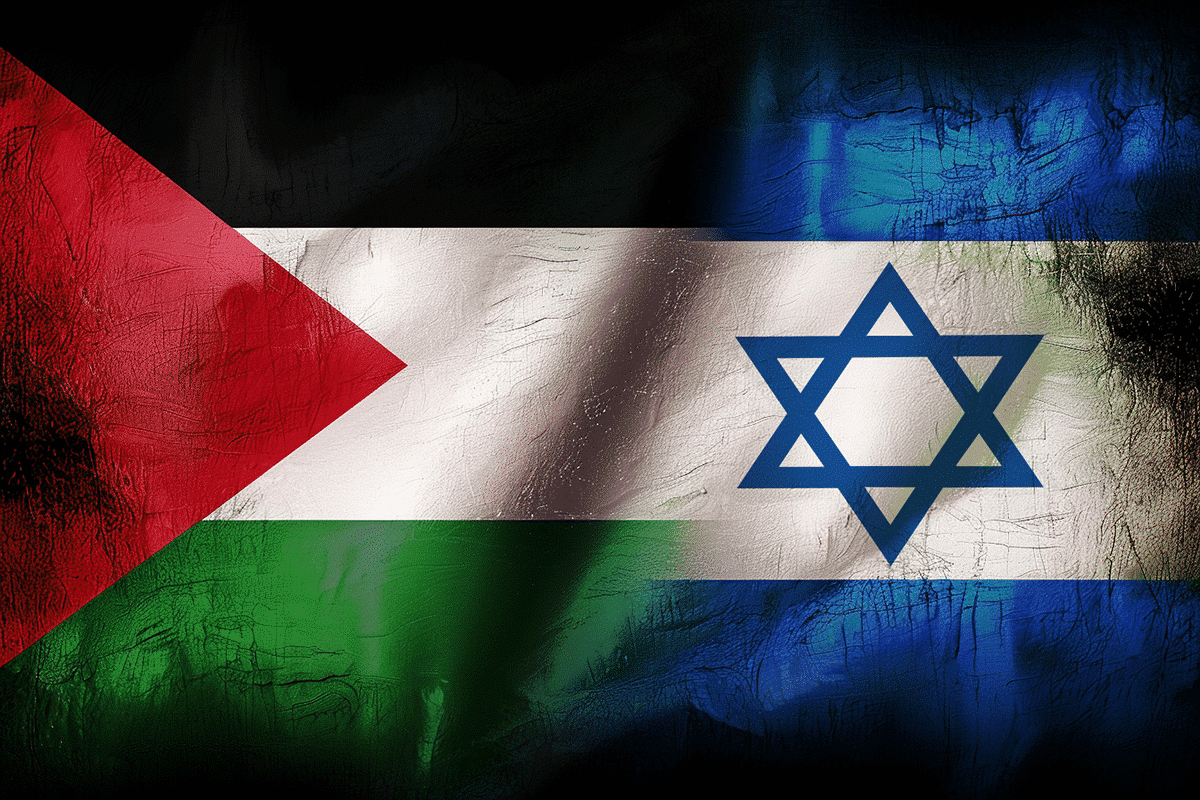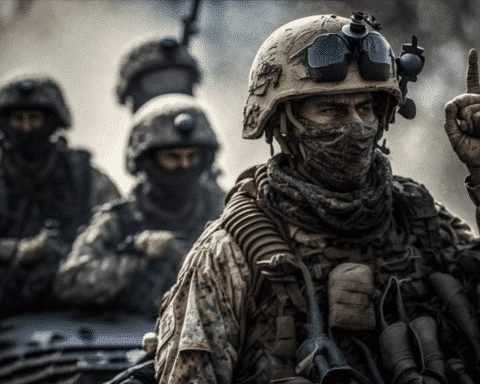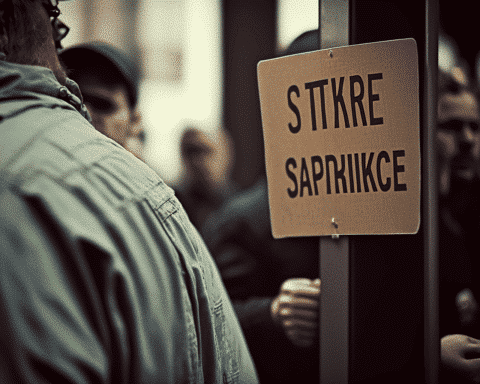In a recent development underscoring the complex intersection of international law and geopolitics, Israeli Prime Minister Benjamin Netanyahu voiced preemptive concerns regarding imminent arrest warrants speculated to be issued by the International Criminal Court (ICC) for both Israeli and Hamas leaders.
This apprehension coincided with the revelation that 12 Republican U.S. Senators had issued threats of severe sanctions against the ICC prosecutor and staff, sparking a heated debate over the court’s jurisdiction and impartiality in addressing conflicts.
Despite attempts to influence its proceedings, the ICC has maintained its stance, rejecting any efforts to impede, intimidate, or improperly influence its decisions. However, the court’s silence on the matter has left many observers eagerly awaiting its next steps.
The stakes are high, with observers highlighting the potential ramifications of the ICC’s actions, or lack thereof, on its credibility and the broader “rules-based order” advocated by Western powers.
Israel’s staunch opposition to ICC involvement comes as no surprise, given its history of denying investigators access to Gaza and areas of the West Bank. Netanyahu’s government has consistently rebuffed ICC inquiries since 2021, raising concerns about accountability for alleged atrocities.
Of particular interest is the response of Israel’s American and European allies. While the United States had previously supported ICC actions against Russia, it now opposes the court’s involvement in the Israel-Palestine conflict. This shift in stance reflects the intricate web of political alliances and interests shaping international responses to the ICC’s activities.
Moreover, European Union members are legally obligated under the ICC’s governing Rome Statute to assist in the execution of any arrest warrants. However, initial reports suggest that some European allies may be quietly working behind the scenes to build diplomatic opposition to warrants for Israel, signaling a divergence from their support for ICC investigations in other contexts.
The evolving dynamics surrounding the ICC’s role in the Israel-Palestine conflict raise important questions about the application of international law and the pursuit of justice in complex geopolitical contexts.
Critics argue that selective support for ICC actions undermines the court’s credibility and erodes the principles of accountability and justice. They warn against the dangers of moral and political inconsistency, pointing to the difficulty Western leaders have faced in garnering global support for their efforts to sanction Russia for crimes in Ukraine.
In a world characterized by increasing diversity and multipolarity, the stakes are higher than ever for the international community to uphold the principles of the rule of law and impartial justice.
As the ICC deliberates its next move in the Israel-Palestine conflict, the eyes of the world remain fixed on The Hague, where the court’s decisions will not only shape the course of justice but also influence diplomatic relations and global perceptions of accountability in times of conflict.
The legacy of Benjamin Ferencz, the last surviving Nuremberg prosecutor, serves as a poignant reminder of the importance of universal adherence to the rule of law. His words, echoing from the past, resonate with renewed urgency in the present: Justice must apply to everyone equally, or it is not justice at all.




